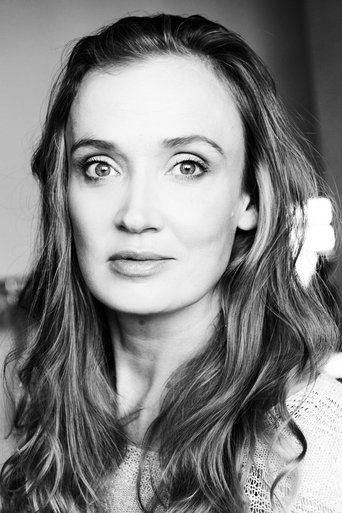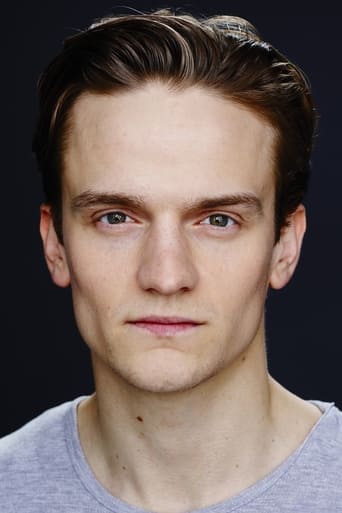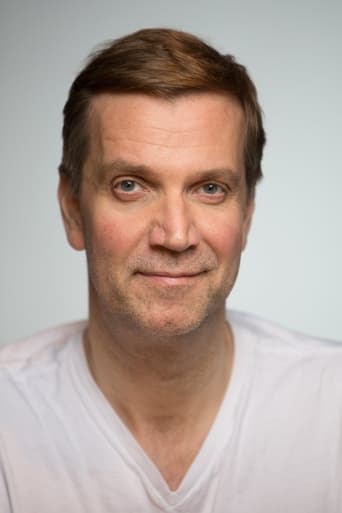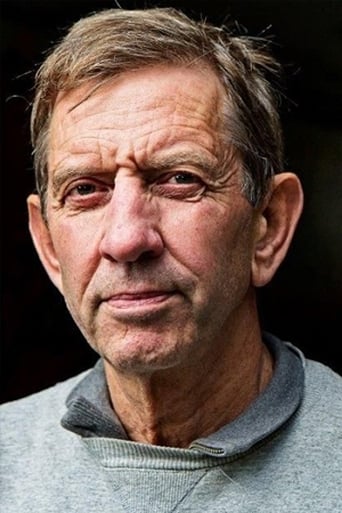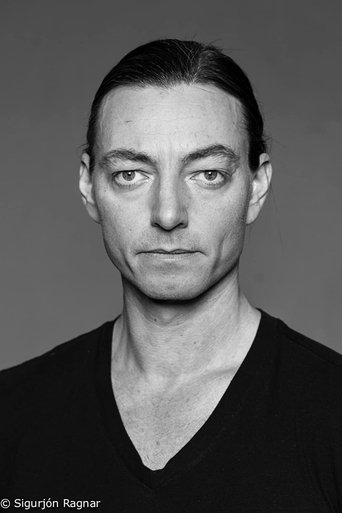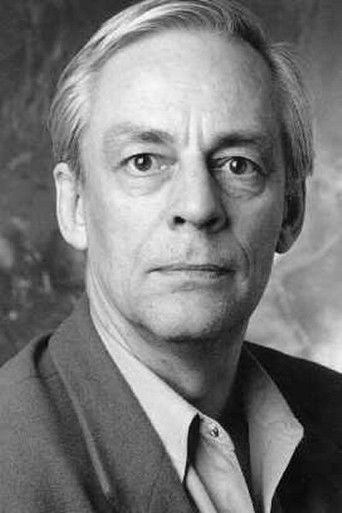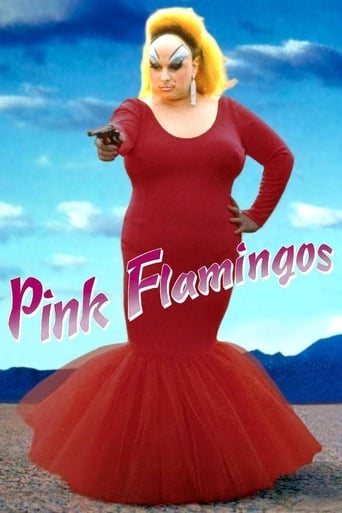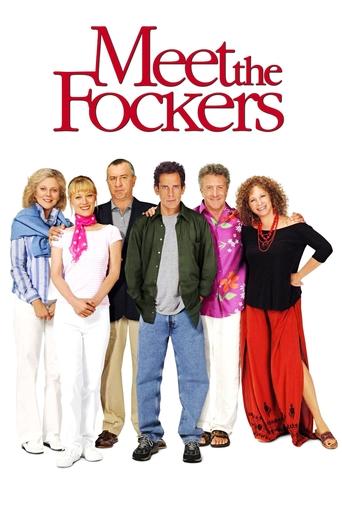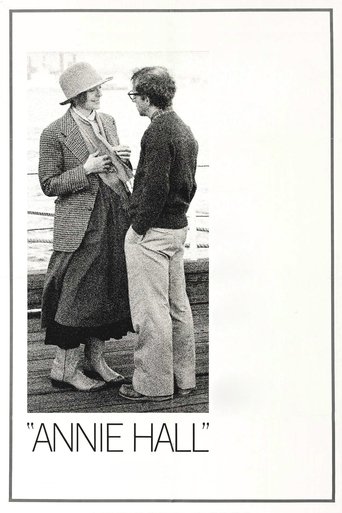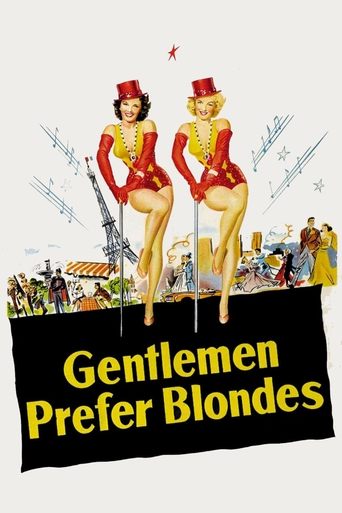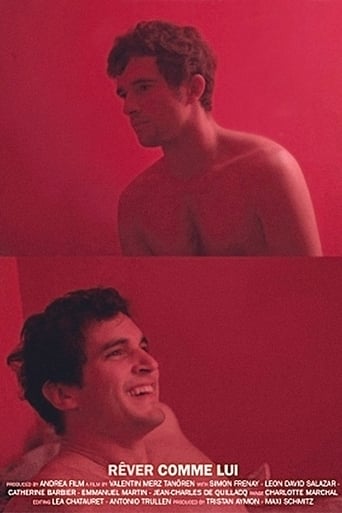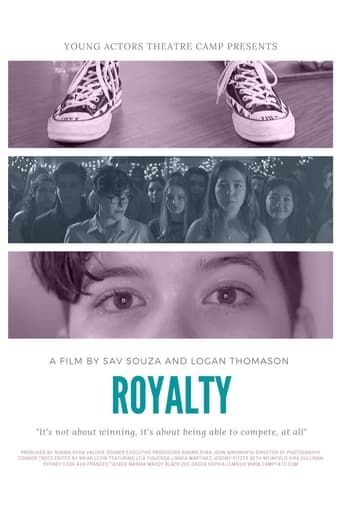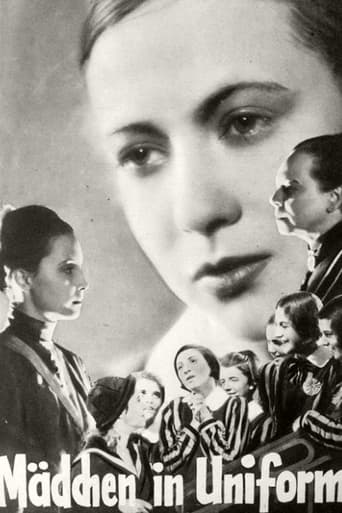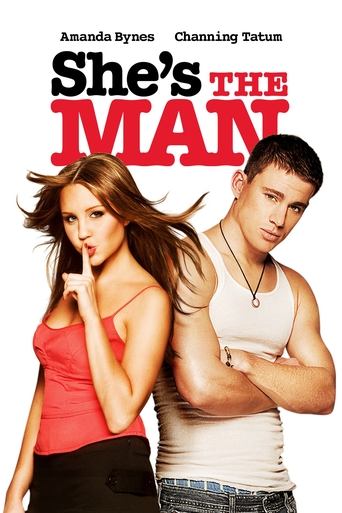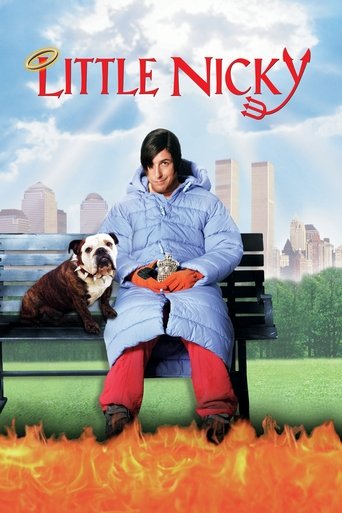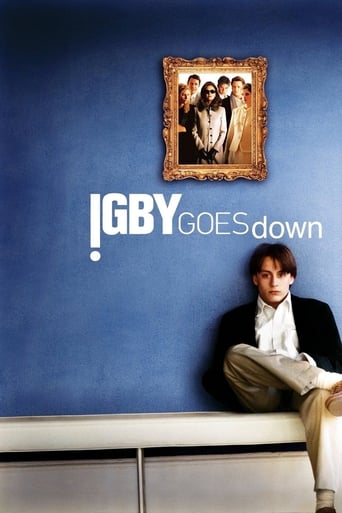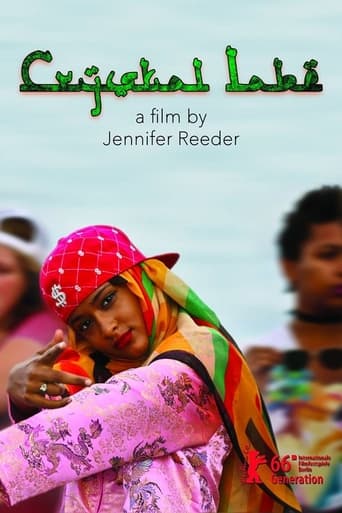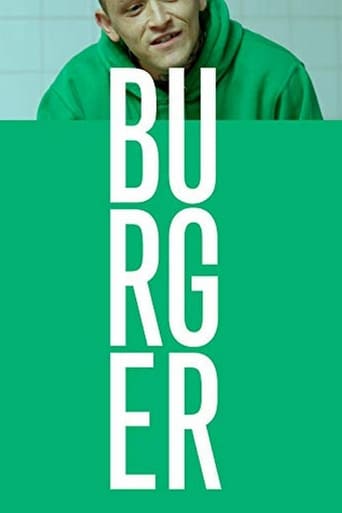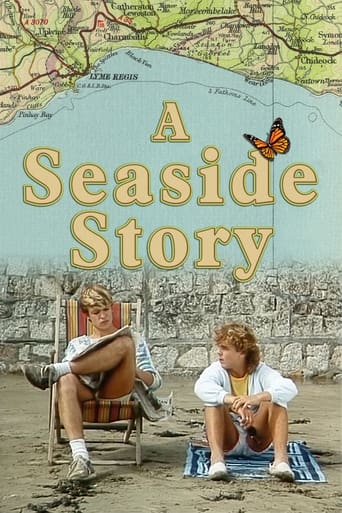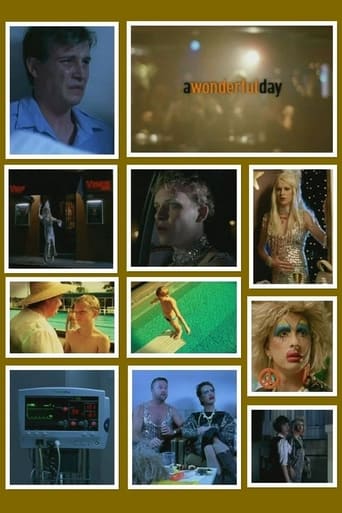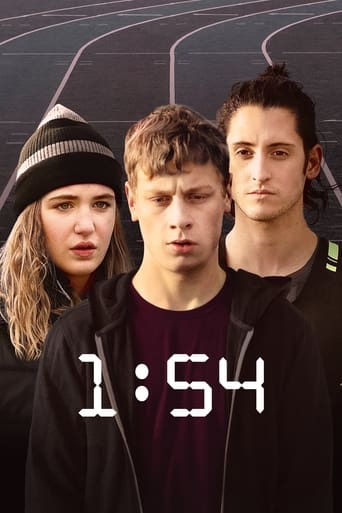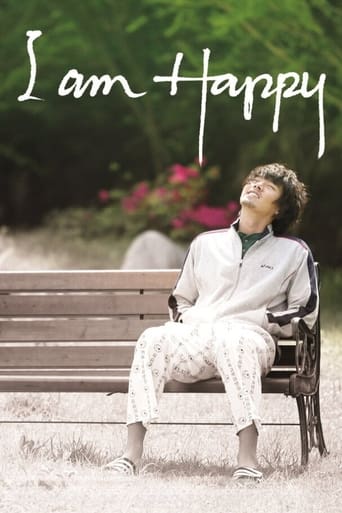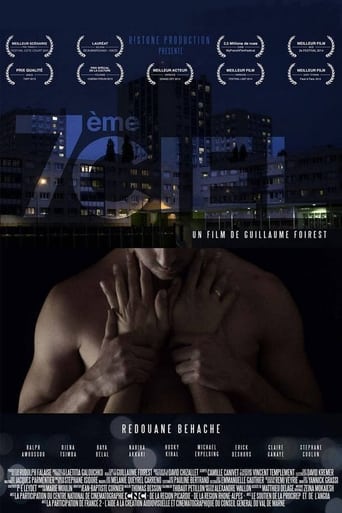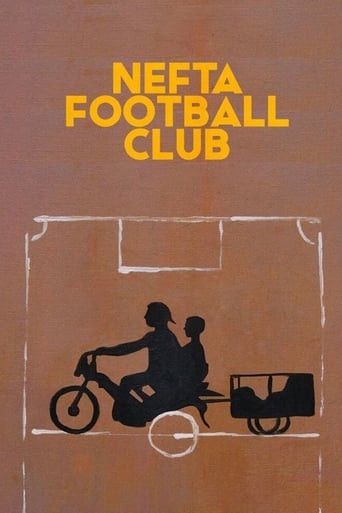
Eleven Men Out (2005)
The star player of Icelands top football team causes a stir when he admits to being gay to his team mates and then goes on a journey to discover himself (with the help of the local press). He soon finds himself on the bench for most of his teams matches and decides to call it quits and join a small amateur team made up of men like himself - gay guys trying to play football in a straight world of Icelandic fishing culture machoism
- Róbert I. Douglas
- Róbert I. Douglas
- Jón Atli Jónasson
Rating: 5.8/10 by 16 users
Alternative Title:
Eleven Men Out - US
Fuera del vestuario - ES
Strákarnir okkar - US
Country:
Finland
Iceland
United Kingdom
Language:
Íslenska
Runtime: 01 hour 27 minutes
Budget: $0
Revenue: $0
Plot Keyword: coming out, single parent, sports, parent child relationship, male homosexuality, football (soccer), gay pride, gay theme
Ottar Thor (Bjorn Hlynur Haraldsson) is the handsome, arrogant star player of a pro soccer team, as well as main breadwinner for a family in which the overbearing males seem to spend most of their time telling long-suffering wives to shaddap. Ottar is divorced from his spouse, a former Miss Iceland (Lilja Nott as Gugga) turned full-time alcoholic. They share custody of adolescent son Magnus (Arnmundur Ernst), who buries himself in videogames. Ottar doesn’t think about the repercussions when he decides to tell a journalist — in the locker room after a game — that he’s gay. His motivation is no loftier than securing a magazine cover for himself. But teammates, the conservative owners, and everyone else immediately freak out. Ottar finds himself banned from play, and for lack of anything else to do, joins a friend’s amateur league team, which already has a couple of gay guys on board. Soon more show up — drawn by the protag’s notoriety — as hetero players flee. Reconstituted squad’s league status skyrockets, even if its winning streak is largely a matter of forfeits by rivals who refuse to play the “queers.” Meanwhile, Ottar’s former team is suffering a publicity backlash from having kicked him out. They want him back — even if they’re still nowhere near to accepting “the gay thing.” Things culminate in a farfetched but agreeable showcase match between amateurs and pros, which just happens to be scheduled on Gay Pride Day. A similarly acerbic but not unkind humor pervades the story’s other threads. Ottar’s parenting skills are fairly lousy, but he does care, as does the generally hapless Gugga. Magga’s rising hostility turns out to be based not in homophobia, but in the fact that no 13-year-old is thick-skinned enough to welcome a parent’s coming out in the national media. When Ottar tries to settle down into his new lifestyle by going steady with a teammate, the effort flops — because he chooses a partner even more shallow than he. Subsidiary characters — notably, the hero’s incredibly obnoxious father (Sigurdur Skulason) and brother (co-scenarist Jon Atli Jonasson — have no redemptive qualities, but make up in sheer hilarity whatever they lack in psychological nuance. Perfs are perfectly in tune with the director’s deadpan yet boisterous tone. Design contribs hit the right gritty but polished note, while the tech package is first-rate.


